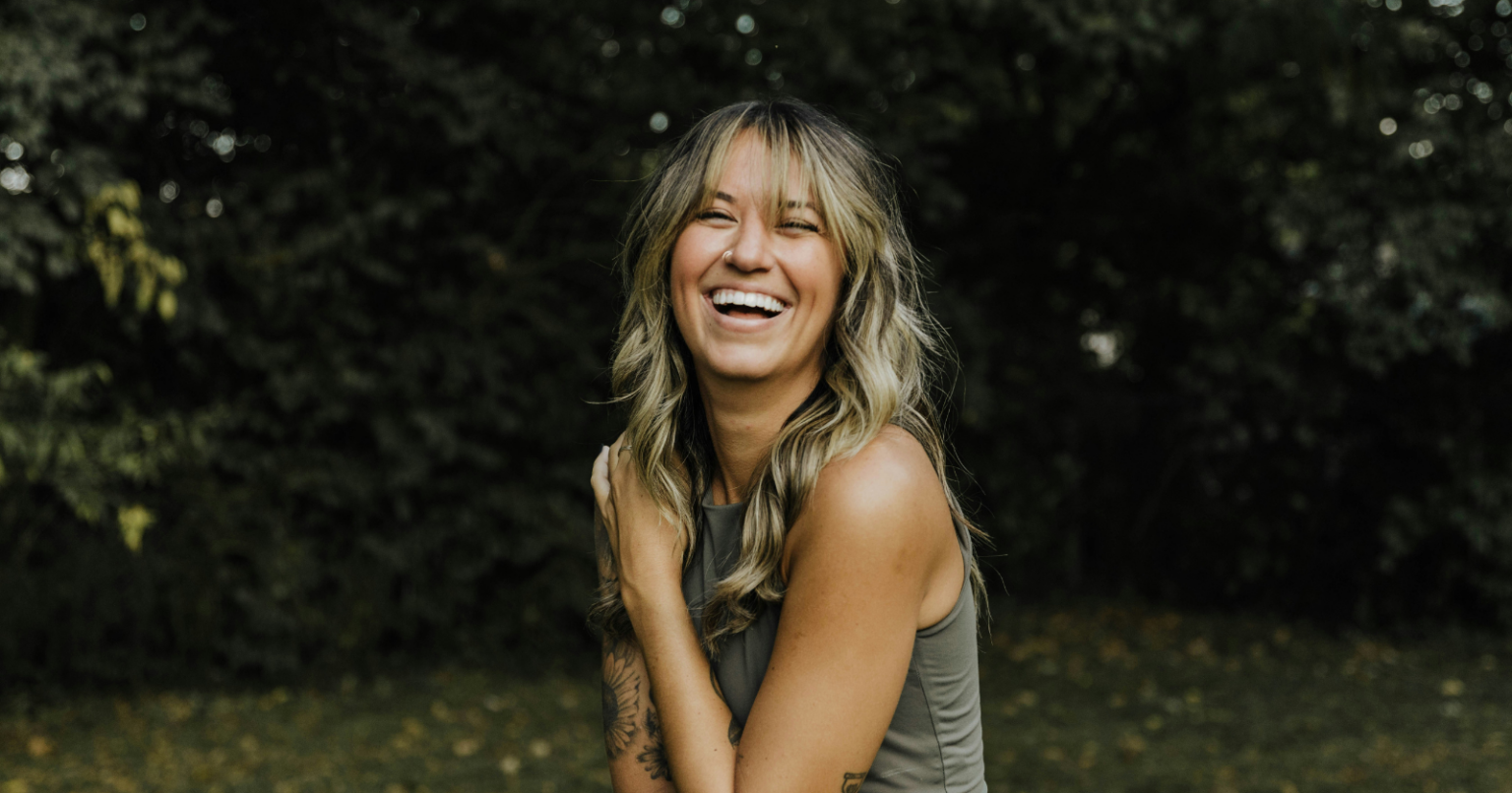Growing up in rural New South Wales, I used to think attractiveness peaked in our early‑20s and trended steadily downhill from there. Then I watched my father hit sixty. The more silver threaded through his hair, the more his friends, students and even the neighbourhood barista lit up whenever he walked in. Something besides looks was clearly at work.
Psychology backs up what life has been teaching me ever since: certain inner qualities make us more magnetic as the candles multiply on our birthday cakes.
Here are six of the biggest.
1. Emotional intelligence (EQ)
Researchers have found that our capacity to recognise, regulate and use emotions rises over the decades—a “fine wine” effect that partly explains why life satisfaction itself usually climbs with age. One large‑scale study showed emotional intelligence fully mediated the link between age and day‑to‑day positive mood. Older adults tend to read a room faster, respond with empathy rather than ego, and leave others feeling understood. That emotional safety is astonishingly attractive.
On a more personal note, I learned this the hard way running a media company with my brothers. In our twenties we’d explode when a Google algorithm tweak tanked traffic. A decade on, we ride the ups and downs with steadier nerves. Team members say the calmer energy makes them want to stick around—and they’re not talking about my hairstyle.
2. Quiet self‑confidence
Confidence isn’t a flashy grin or an Instagram flex; it’s the inner sureness that you can handle whatever comes next. Experiments by social‑personality psychologists show that both men and women consistently rate confident strangers as more physically attractive—even when photos are held constant and only the body language changes.
Confidence often grows with competence: the projects you’ve shipped, the children you’ve raised, the setbacks you’ve weathered. I see it in my Vietnamese in‑laws. My wife’s 70‑year‑old uncle barely says a word at family dinners, yet everyone leans in when he does. His grounded presence fills the room—and no one notices the wrinkles.
3. Authenticity
Age grants us the invaluable permission to stop performing. A 2022 study on age stigma found that older adults who felt free to drop their “masks” reported higher authenticity—and were viewed more positively by peers. tandfonline.com Parallel research links authenticity with self‑actualisation, a state strongly correlated with perceived beauty.
When I hit my mid‑thirties I stopped pretending to like every networking event in Singapore. Ironically, the moment I owned my introversion, new partnerships flowed in. People sense when your words match your values; it signals trustworthiness, and trust is irresistibly attractive.
4. Kindness and prosocial warmth
If you’ve ever been smitten with someone the moment they helped a stranger, you’ve experienced what psychologists call the “halo of warmth.” A 2024 paper in the British Journal of Social Psychology found that participants labeled “kind and helpful” were also judged significantly better‑looking. This echoes classic work showing that high‑school yearbook photos of well‑liked students are later rated more attractive by complete strangers.
Kindness ages beautifully because it compounds. Each act of generosity strengthens social ties, and strong relationships are the oxygen of subjective beauty. My own grandfather could barely bend to tie his shoes in his eighties, yet the whole town came to his funeral because he once fixed their tractors or slipped them grocery money. There’s no face cream on earth that can match that glow.
5. A clear sense of purpose
Purpose is the north star that keeps us learning, serving and staying engaged long after the career ladder loses its rungs. Longitudinal research shows that older adults with a strong sense of purpose adopt healthier behaviors and enjoy lower risks of chronic disease and early mortality. The vitality that springs from having reasons to get out of bed transmits itself through posture, voice and even eye sparkle—features our brains unconsciously tag as attractive because they signal life force.
I’ve felt this firsthand whenever I’m deep in a writing flow about mindfulness or psychology. My wife says my face relaxes and my eyes light up; I suspect it’s the same shift she saw during our first date. Purpose polishes the spirit, and the spirit, it turns out, radiates through skin.
6. Health‑protective lifestyles
You don’t need Hollywood genetics to age gracefully; you need habits that respect your biology. Dermatology studies confirm that non‑smoking, steady sleep, regular movement and a diet rich in antioxidants are all associated with a more youthful facial appearance decades later.
My own routine is far from perfect—an Achilles injury has me swapping marathon training for stationary cycling—but the consistency pays visible dividends. When I meet old university friends now, the ones who still party like we’re 21 look like we’re 21… in dog years. The small, boring choices we make daily quietly sculpt how others perceive us tomorrow.
Bringing it all together
Physical beauty is transient; relational beauty is cumulative. Emotional intelligence helps us connect, confidence invites respect, authenticity builds trust, kindness deepens bonds, purpose fuels vitality, and healthy habits let those qualities shine through a resilient body.
If you’re younger, the takeaway isn’t to sit tight and wait for crow’s‑feet. It’s to start practicing these traits now so they have decades to mature—like planting shade trees you’ll one day sit beneath.
And if you’re older, perhaps wondering whether society still sees you, take heart: psychology suggests you’re carrying some of the most attractive assets a human can own.
My father, now closing in on seventy, recently told me he feels more alive—and more loved—than ever. Watching the people who orbit him, I believe it. He’s living proof that the best kind of attractiveness doesn’t fade; it compounds. And, if we cultivate the six traits above, so can ours.







